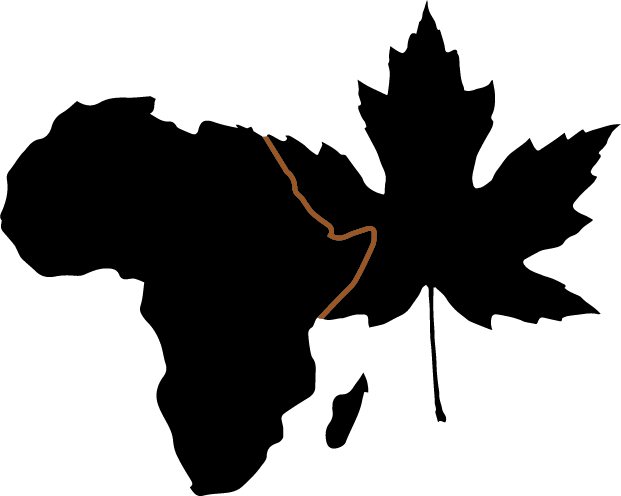

Project Summary
Canadian research institutions seek to secure a competitive spot in the global knowledge economy by taking steps towards internationalization. Yet from 2015 through 2018, Canada’s issuance of temporary residence visas (TRVs) declined, most markedly for travelers seeking entry from the 54 countries of the continent of Africa.
Over the same period, according to a CBC investigative report on the matter (the only recent comparative analysis), approval rates for applicants from Asia-Pacific fell by 7.3%, from the Middle East, by 10.3%, and by only 0.7% for Latin American and the Caribbean. Europe was the only region where approval rates for visa-required applicants rose—by 4.4% (Mussa 2019). What to make of internationalizing trends in higher education even as visa approval rates fall for every region of the world outside of Europe? Is Canadian immigration policy in sync with internationalization in Canadian higher education? The inclusion or exclusion of Africa-based researchers (defined here as scholars—established and early career—and postgraduate students) in Canada’s internationalization has considerable implications for Canada-based academics whose research engages Africa across the disciplines, and especially for Canada and its partners in supporting Francophonie in higher education and research. The francophone population of Africa presently is approximately 430.5 million and is projected to reach 850 million—or an estimated 85% of French speakers worldwide—by 2050. It is urgent that Canada-based researchers and university administrators gain insight into the dynamics of Canada’s TRV issuance to Africa-based researchers. Our empirical investigation of the impact of patterns of TRV issuance on Canada-African research collaboration asks whether institutional and legal structures in Canada continue to imprint knowledge itself with colonial legacies (Epstein & Morell 2012) by excluding Africa-based researchers from cross-border knowledge production and diffusion. The first aim of this project, of a scholarly nature, is to assess the degree to which TRV refusals impede the inclusion of Africa-based scholars in the internationalization of Canadian universities. The second aim, which falls in the register of public policy design, is to conceive ways to reform TRV issuance to facilitate collaboration with African academics in research and training.
We will combine interdisciplinary expertise in History, Law, Sociology, Human Rights, Political Science, and IR, and build on our relationships with academic and civil society networks across Canada to achieve these research objectives:
Our study will raise awareness of the ways that factors such as country of origin, race, economic status, language and gender inform Canadian internationalization of higher learning, influence Canadian immigration policy and shape flows of foreign scholars to Canada.
